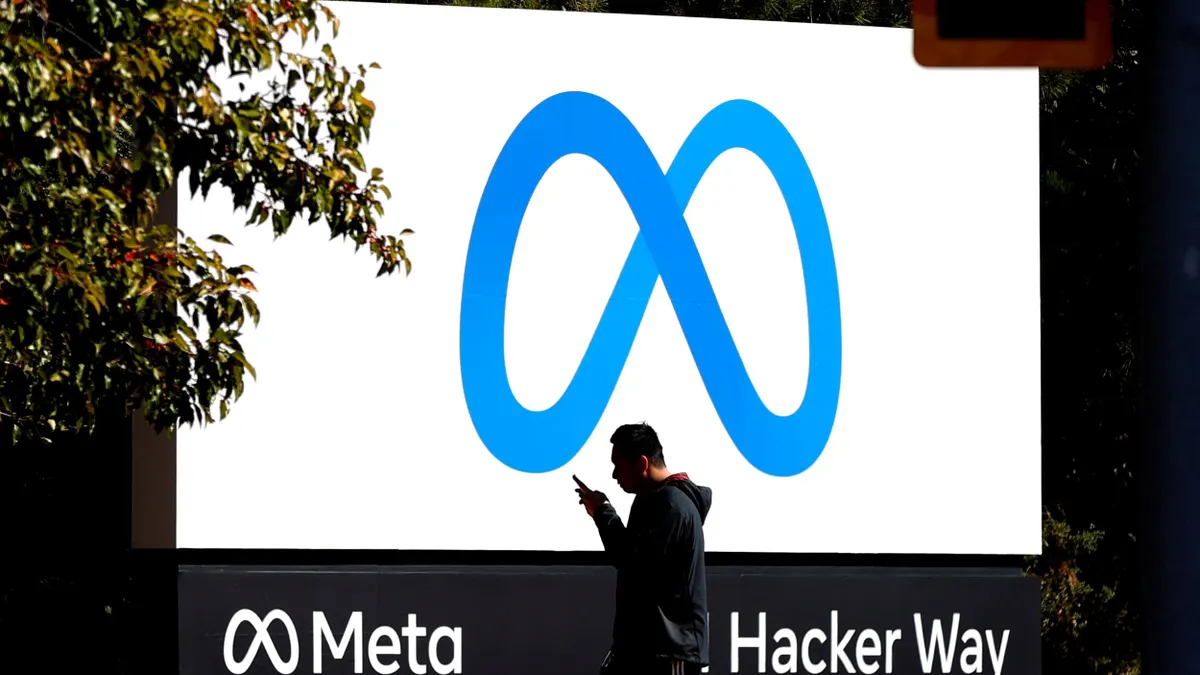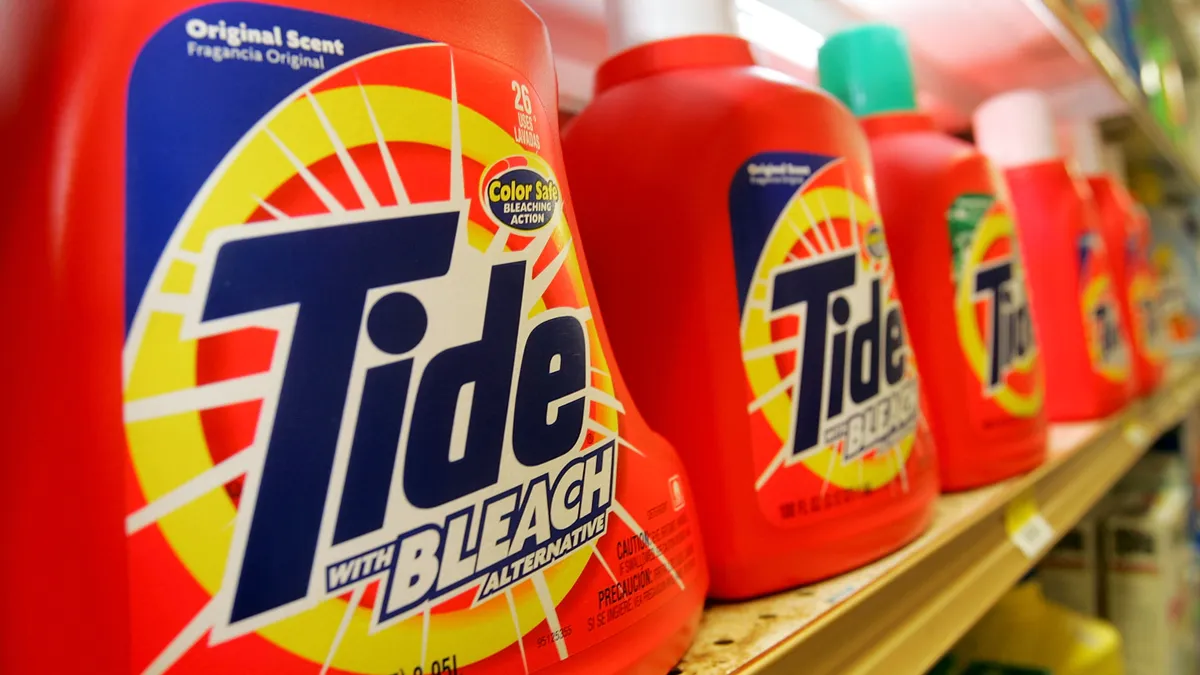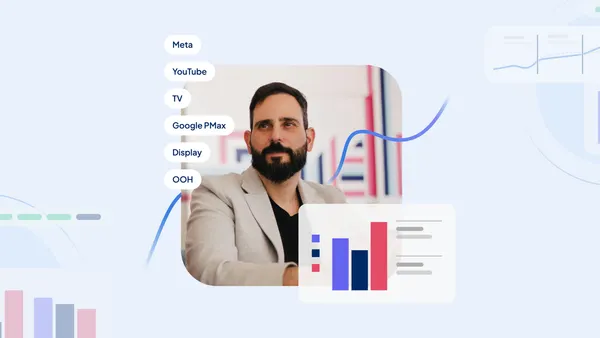Editor's Note: The following is a guest post from Jerry C. Jones, chief ethics and legal officer and executive vice president of Acxiom.
On Jan. 28, much of the marketing community observed Data Privacy Day, an annual, international effort to spotlight the importance of respecting privacy, safeguarding data and enabling trust. While the day came and went, our responsibility continues. In fact, the reality is that we have a real and ongoing opportunity to raise awareness, discuss various rules and regulations, and address attitudes around the collection and use of consumer data.
A brief look at current news headlines confirms which topics are getting the most media coverage right now: the latest data breaches, proposed regulations, consumer sentiment and fears. That there's broad consensus around the need to protect personal data against theft and misuse is indisputable, and security should be a top priority for any company responsible for safeguarding consumer data.
When asked, most people are also strongly in favor of protecting personal privacy, but unlike security, which has distinct and pragmatic parameters, privacy is a concept laden with deep emotions and is difficult to clearly define.
A conversation around privacy can evoke strong feelings which are heavily dependent on the context. In fact, the very meaning and scope of the word can change over time, according to culture, geography or from person to person. In today's data-driven economy, companies with access and permission to use personal data in return for better experiences and products need more specific guidance. "Privacy" as a term has outlived its usefulness in driving a more nuanced discussion around what exactly constitutes appropriate use of data.
Shifting the narrative to ethics
For brands, marketers and others whose role is to reach and engage with customers, access to the ever-expanding troves of consumer data is essential. Among consumers, there is a growing expectation that brands will provide relevant offers and information, personalization and improved experiences — all of which are reliant on data.
To truly respect the consumer in a data-driven world, companies must be equipped to assume responsibility for making decisions about how they access and use data every day. Like other groups who rely on professional codes of conduct — physicians, lawyers and accountants to name a few — marketers need to develop an ethical approach that not only provides a set of principles to guide decision-making, but that also outlines consequences for inappropriate actions not necessarily bound in legal nuance.
This is especially important since, while there are legal guidelines around the use of consumer data, the pace at which legislation is passed often cannot keep up with the speed of business and technology, limiting the usefulness of relying solely on laws to inform data use practices. This realization led Acxiom to shift the discussion of data use to one that exists within an ethical framework, rather than solely a legal one.
This shift in onus presumes that companies should act in a virtuous manner, whether there are specific laws that dictate this or not. Likewise, so does the term "ethical data use," which counts on data being used in an ethical and appropriate manner within the confines of the law and beyond. When the conversation begins with ethical data use it becomes less antagonistic; ethics can provide a "lighted path" through the grainiest ambiguities of tensions and conflicts that businesses face.
The need for self-regulation
When we approach consumer data use from an ethical perspective, it raises the industry's sensitivities as a whole and allows for considerations that the law may not address. With regard to how data is captured and used, governments are structured to react to events with legislation after the fact. Conversely, data stewardship from within the industry will yield a proactive, decentralized and adaptive "communal regulation."
A proactive posture that comes from the industry self-regulating within a framework of ethical data use enables foresight that goes beyond merely complying with legal or regulatory guidelines. Experts and practitioners within the industry can anticipate change and be sensitive to cultural norms, responding more quickly than laws and regulations are able to and ensuring adherence to consumers' expectations.
Sentience determining data context
The growing conversations around the use of artificial intelligence (AI) and algorithms to provide additional context for consumer information also comes into play. For the past decade, new technology has enjoyed an almost exalted status, but we've started to objectively consider how to best integrate these technical advances within the ethical data use framework. Within the data realm, the need often arises for contextual use of information in order to better understand people and their milieu.
While humans are used to ambiguity, computers are not always equipped to determine data's contextual relevance. In a world where the use of AI is increasingly widespread, we must ask whether advanced technology is as adept as humans at making good decisions about how to utilize information. Can AI and algorithms be relied upon to ask the right questions and interpret data appropriately? It's precisely here that putting an ethical framework around data use becomes a timely endeavor, as we lay the foundations for a data-driven future.
Our collective dependence on data shows no sign of waning. The path forward to increasingly advanced uses of data need not be clouded with suspicion and doubt. By establishing an ethical data usage framework, organizations can mold an industry conscience that elicits long-term public trust and ultimately drives business value.




















